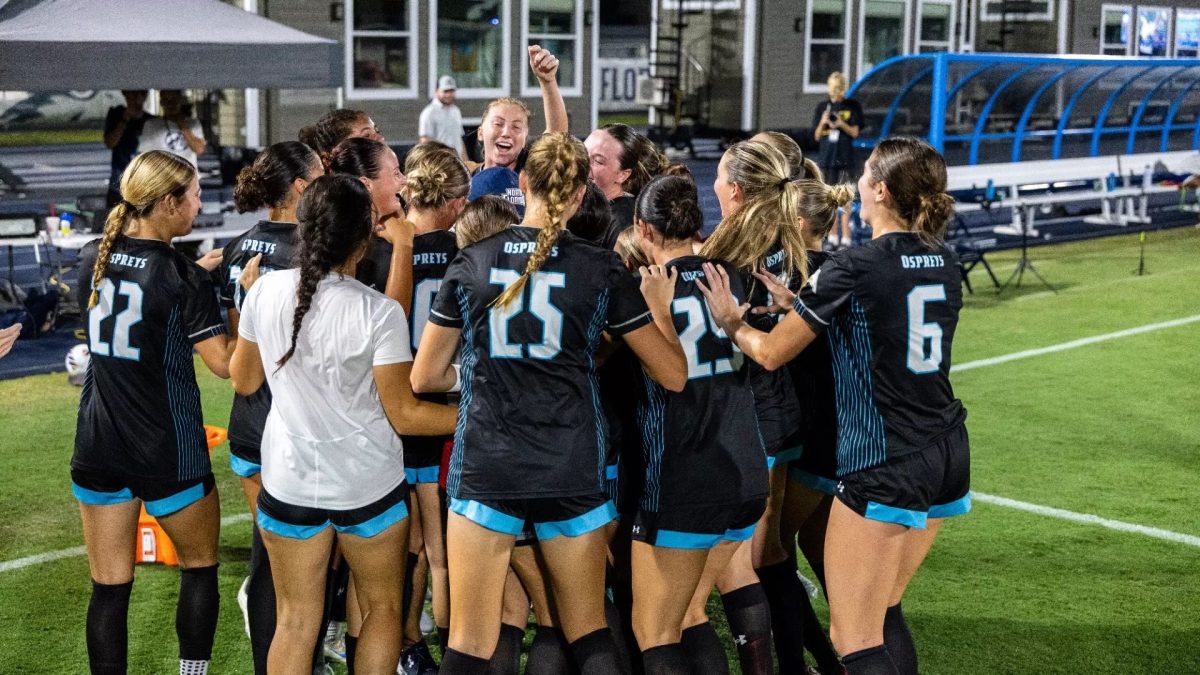New census data show the wrenching impact the recession has had on our nation’s citizens. Specifically, young adults in the 20- to 30-year-old range, waiting in a prolonged period of joblessness.
The census casts record numbers that show the unemployment rate for these young adults is the highest it’s been since World War II. Inclusively, more of them risk living in poverty than those in other demographics – nearly one in five.
The employment-to-population ratio for every age group from 2007-2010 fell faster than for any similar period since 1948, when the government began tracking the data. In the past year, 43 of the 50 largest metropolitan areas continued to post declines in employment, including Jacksonville.
Indeed, millions are suffering as a result of these economic pitfalls, while the nation’s richest 1 percent continue to make approximately 24 percent of America’s wealth and refuse to share.
As a result, Occupy Wall Street – a grassroots protest movement – has gathered thousands of activists, since Sept. 17, to rally against the greedy gazillionaires that are Wall Street.
Our stance: It’s about time.
In hindsight, we should have been throwing batteries through the windows of Goldman Sachs and rushing the Supreme Court years ago. The justice department should have hired special prosecutors to go after the criminals who stole the money and left us all to drown.
The battle of Wall Street versus Main Street is shorthand for the conflicts between the interests of the people who make money by speculating it with those who earn money by working for it.
And though these troops of protesters are just as disorganized and challenged on spelling signs as the Tea Party, it is imperative that this movement continues for the sake of – well, at least 99 percent of us.
Moreover, there is a clear difference between the two: The Tea Party is dominated by elderly conservative dingbats, who blame government overspending for our economic problems and would therefore prefer cutting federal spending. Occupy Wall Street is dominated by young liberals who blame corporate greed and who demand we tax the rich and decrease their political power.
We need these protests from the left, so that they can inspire and energize other like-minded citizens enough to get them to the polls, which is a method the Tea Party has used with phenomenal success for Republicans.
If you think Democrats have this upcoming election in the bag, keep in mind that a Gallup poll last week found Democratic enthusiasm for voting in 2012 at its lowest level in a decade.
For those apathetic bunch of nonconforming, hipster radicals, remember: Voting can make a difference, so make sure you do.
In fact, Wall Street’s worst nightmare is on the horizon.
Elizabeth Warren, consumer advocate and chief architect of the Consumer Financial Protection Bureau — the good guys — announced she will run for the U.S. Senate seat in Massachusetts held by bought-and-paid-for Republican Scott Brown.
However, as is the case with most honest people running for federal office, Warren has nowhere near as much funding as Brown. And without votes from progressives, she will lose. We will lose.
We have failed, as a nation, to accept the fact that we have turned into a plutocracy. America is now in the running for having more unequal distribution of wealth than traditional banana republics such as Nicaragua, Venezuela and Guyana.
And what blinds us from this acceptance is, in short, our credulity: our willingness to refrain from knowing or caring.
We don’t denounce Republicans who propose that taxes for the rich be the same as the poor, even though taxes are at their lowest level in 50 years. We don’t look past why the wealthy blame our economic woes on President Obama even though most of the current deficit is due to Bush policies. For instance, Bush started wars and cut taxes at the same time, which is something that no president has ever done.
That being said, we must still hold the Obama administration accountable.
Occupy Wall Street is about the failure of both parties to apply the appropriate regulations for Wall Street. The bailouts, albeit necessary, did not force the banks to lend, nor did it deal with the people who lost their homes and their jobs.
Pundits emit sounds shrugging off this movement as insignificant and nebulous. But they’re wrong. This movement, to use their words, is too big to fail.
Cities such as Boston, Chicago, Albuquerque, Raleigh, Philadelphia, D.C., Phoenix, Pittsburgh, Mason City and others will be leading these protests in the coming days. Japan and Europe will be next. And soon, we hope, the world.











